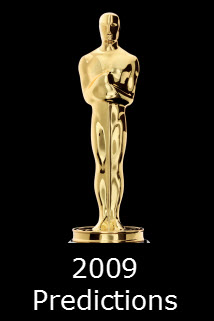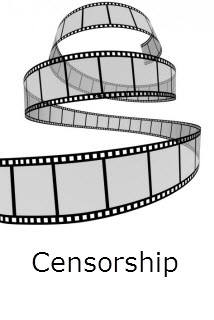The Theory of Everything (2014)


Content by Tony Macklin. Originally published on November 16, 2014 @ tonymacklin.net.
The Theory of Everything is the laundry detergent version of the story of astrophysicist Stephen Hawking and Jane Wilde.
It is spanking clean and bright. But it washes away crucial reality.
This would be ok if it were a Lifetime movie on tv, but as a major movie on the big screen, it's not.
On of my tenets of criticism is that a "true" story must be told truly to retain its integrity. It should deliver on what it sets out to do, and not give in to contrivance. It can adapt, but changing facts is shaky.
The Theory of Everything is based on Jane Wilde Hawking's book Travelling to Infinity: My Life with Stephen (2007). It was a follow-up to her memoir Music to Move the Stars (1999).
Screenplay writer Anthony McCarten didn't use either title. He went for Hawking's "Everything." McCarten invents characters and changes times and settings. He created Brian (Harry Lloyd), as a character to whom Stephen (Eddie Redmayne) can say things Hawking never said. He has very un-Hawking-like conversations.
McCarten avoids confrontations. When the almost-30-year marriage breaks up, the film offers a tame, polite version rather than the actual hostile argument.
The movie portrays Stephen Hawking as a nice guy and Jane (Felicity Jones)as a saint. Occasionally she does give him a serious look.
And her sexual escapades are limited to approaching a tent. Maybe, maybe not. Forget the tent.
McCarten seems versed in Lifetime dialogue. Jonathan (Charlie Cox) says, I have feeling for you." Jane responds, "I have feeling for you, too."
The fairy tale aspect of the first half is gone. Genial charm works well in the first half of the film, and the first part is excellent. But the second half flounders, as it tries to make everything pleasing. Jane suffers pertly. And ordeal is not so bad. Facts are changed or discarded in the name of easy accessibility.
The cast is first-rate. The director and screenwriter, not so much.
Eddie Redmayne is an actor who conveys boyish intelligence, as he did so well in My Week with Marilyn (2011) -- a film that didn't betray its truth. It was able to keep its fairy tale aspect thriving. In The Theory of Everything, with tilted head and toothy smile, Redmayne makes a very likable Stephen Hawking. He's far more gentle and sensitive than Jane's characterization in her book.
Felicity Jones, with her porcelain prettiness, especially in the first part, makes an admirable Jane.
In The Theory of Everything, the fairy-tale quality is effective early on, but then director James Marshmallow -- I mean, James Marsh -- pours on the Tide.
A box of Tide is a pivotal character. Early in the film, Stephen gives Jane a box of Tide, and it seems to have spilled out throughout the second half of the movie. It's sudsy.
You know that a lot has been left out. Much of what is left is softened. At one point when his nurse Elaine Mason (Maxine Peake) shows Stephen two pages of Penthouse, they may be the two least explicit pages in the history of the magazine.
Marsh emphasizes the sentimental.
Of course, he also utilizes the rote standing ovation. In an auditorium, after Hawking says, "Where there is life there is hope," the audience leaps to its feet.
Did an ovation on screen ever work? At least Russell Crowe (A Beautiful Mind, 2001), Al Pacino (Scent of a Woman, 1992), and Joan Allen (The Contender, 2000) all received Oscar nominations despite their characters getting silly ovations on screen near the end of a movie.
So, Eddie, don't worry; you'll get a nomination.
Director Marsh, of course, relies on music to slather his film. Icelandic composer Johann Johannsson knows how to melt icy physics with heart strings.
I almost expected Marsh to borrow the odious laugh track that dumbs down the otherwise delightful The Big Bang Theory on tv.
The Theory of Everything includes a lot.
Does it really have to include schmaltz?











